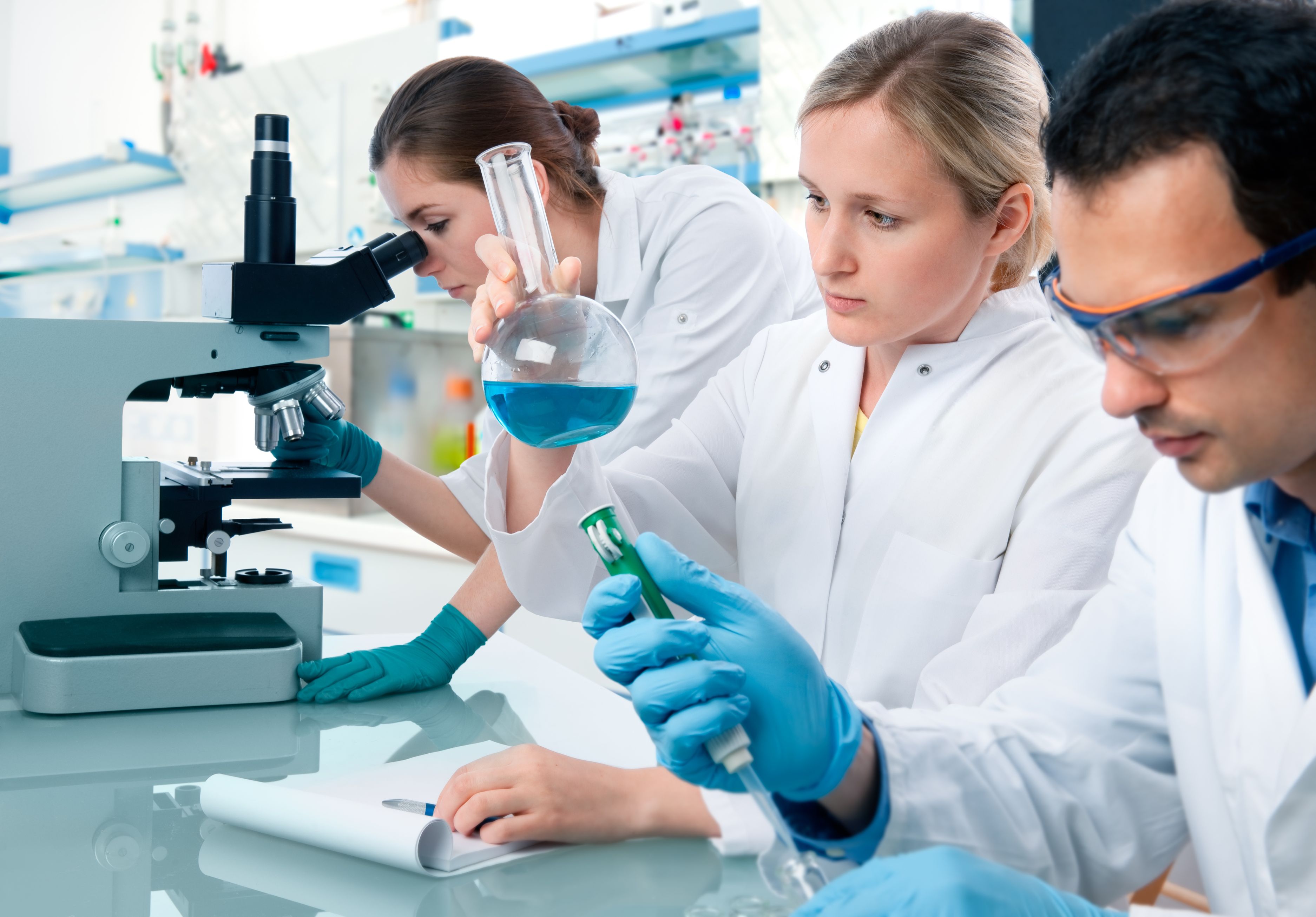Years ago, plastics were seen as cheap materials, considered “subar” when compared to things like metals or even wood. However, today nothing could be farther from the truth. With high tech plastics, resins and polymers, a wide range of durable and versatile materials can be created. However, high tech materials are affected by heat and understanding how heat affects these materials, can help you better understand your business and the needs of your customers. This is why procedures like DSC testing are needed. Let’s see why.
Plastics and Polymers
Plastic is a special kind of material known as a polymer. Polymers are molecules bonded or chained together. They can be synthetic or natural and this type of molecular structure provides special properties like elasticity, stickiness, hardness and the ability to bounce like a ball. Polymers may also be in solid or liquid form. In addition, polymer properties are affected by heat or lack of heat.
What is DSC Testing?
DSC stands for “differential scanning calorimetry”. It is used to study thermal transitions within polymers. In other words, when heat is applied to a polymer, specific changes occur. For example, crystalline or solid polymers will melt at a given point and melting is a thermal transition. So how does differential scanning calorimetry work, it begins with heat.
To start, a material is placed in an oven and heated. The oven usually contains two separate pans. One is used for the sample to be heated and other is left empty for reference. A control circuit monitors the heat and controls its flow inside the oven.
To begin the heating process, both pans are heated at the same rate. This heating rate must remain constant throughout the test. In order to make sure each pan is heated the same, more heat must be applied to the pan with the sample. This is why each pan needs to have a separate heat source underneath.
During the heating process, a computer charts both heating rate and heat flow. These two forms of data can be used to determine heat capacity. Yet, heat capacity is only one use for DSC testing. It can also be used to determine at what temperature glass transition occurs. Glass transition is the point at which a polymer will harden and become brittle when exposed to cool temperatures.
Plastics soften with heat and harden when heat is removed. Measuring these properties is vital to creating many of today’s modern plastic materials. For example, you can determine factors like crystallinity and oxidation. Polymer labs are some of the best sources for services like DSC testing.

